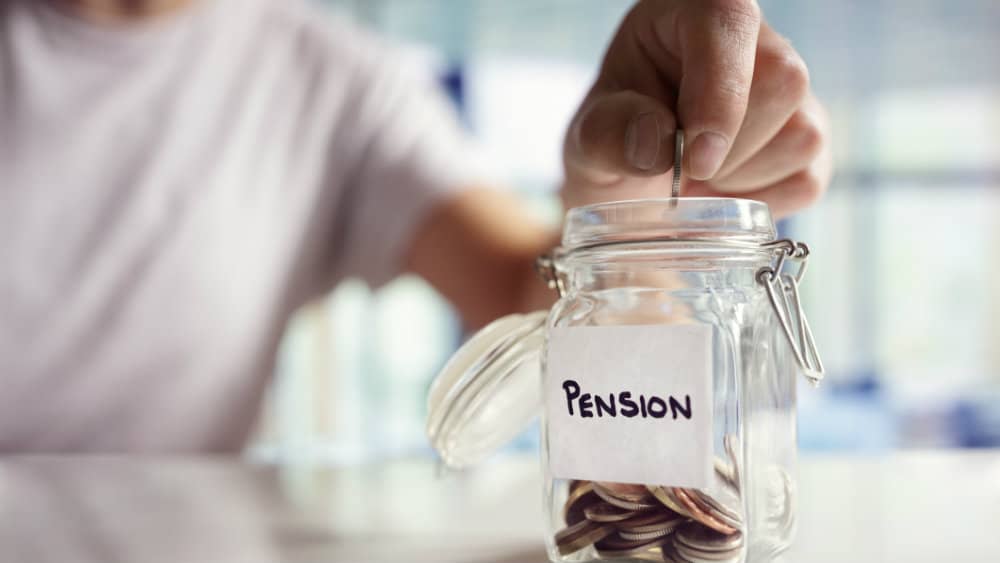Nubank Will Invest More Than R$ 2.5 Billion Over Five...
- 28.01.2026 10:45 am
Wrisk Welcomes Allianz Holdings Plc as a Strategic...
- 19.01.2026 12:25 pm
Broadridge Invests in DeepSee, Further Harnessing...
- 08.01.2026 08:15 am
BBVA Strengthens Its Position in Global Trade Finance...
- 22.12.2025 03:35 pm
TD Securities Joins Capital Markets Gateway As...
- 19.12.2025 06:22 am
EquiLend Invests in Digital Prime Technologies to...
- 18.12.2025 08:55 am
Barclays Invests In United Fintech, Becoming The Fifth...
- 15.12.2025 08:55 am
Airwallex Doubles-Down On UK And Regional Growth By...
- 11.12.2025 12:15 pm
New Modular Platform For Alternative Investment Funds...
- 10.12.2025 08:45 am
FCA Sets Out Landmark Package To Boost UK Investment...
- 08.12.2025 01:45 pm
LIQID Enters Partnership with Upvest for Its ELTIF...
- 01.12.2025 10:35 am
Round Up and Invest: A New Feature of the Dutch App
- 26.11.2025 02:35 pm






















